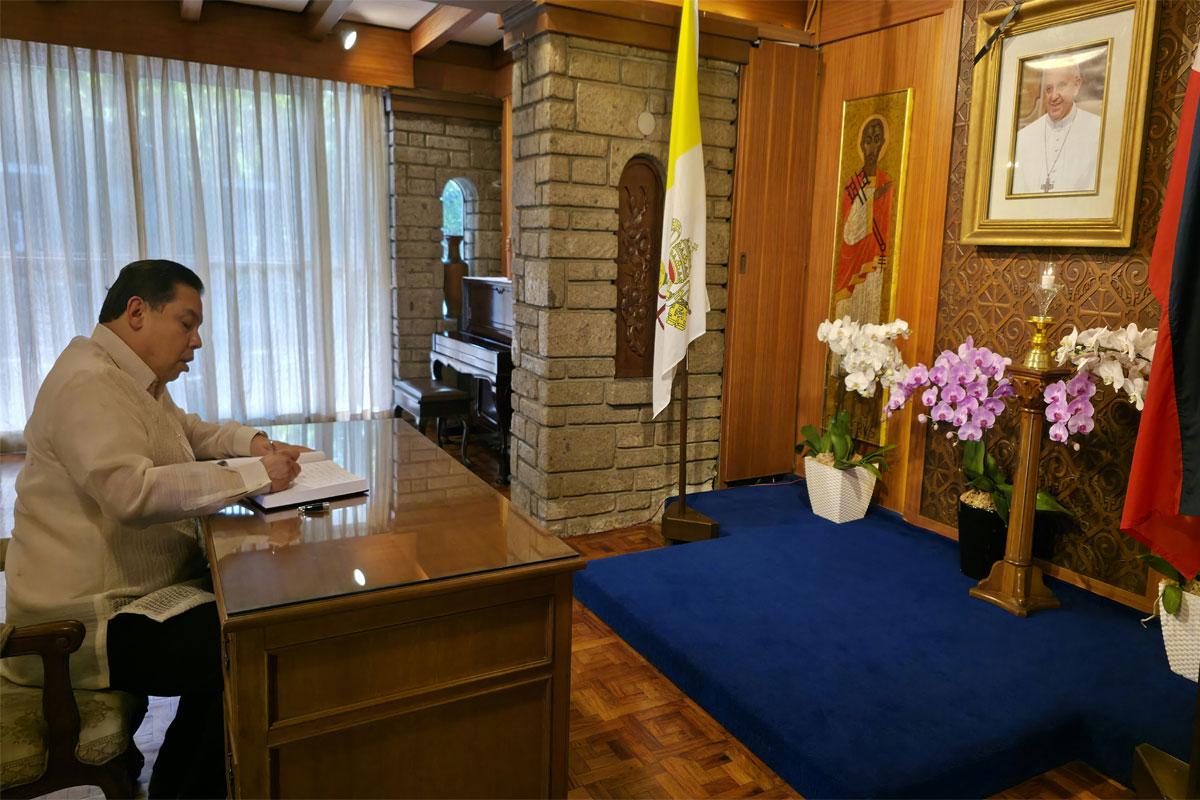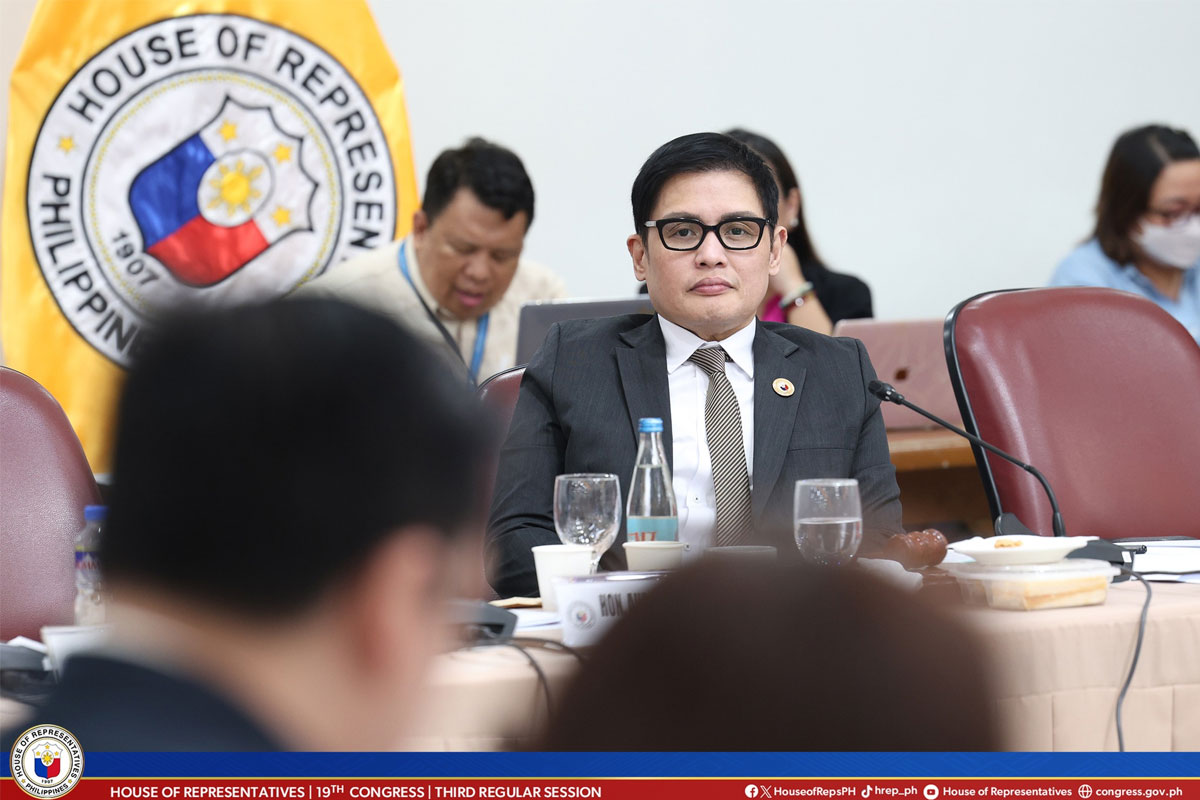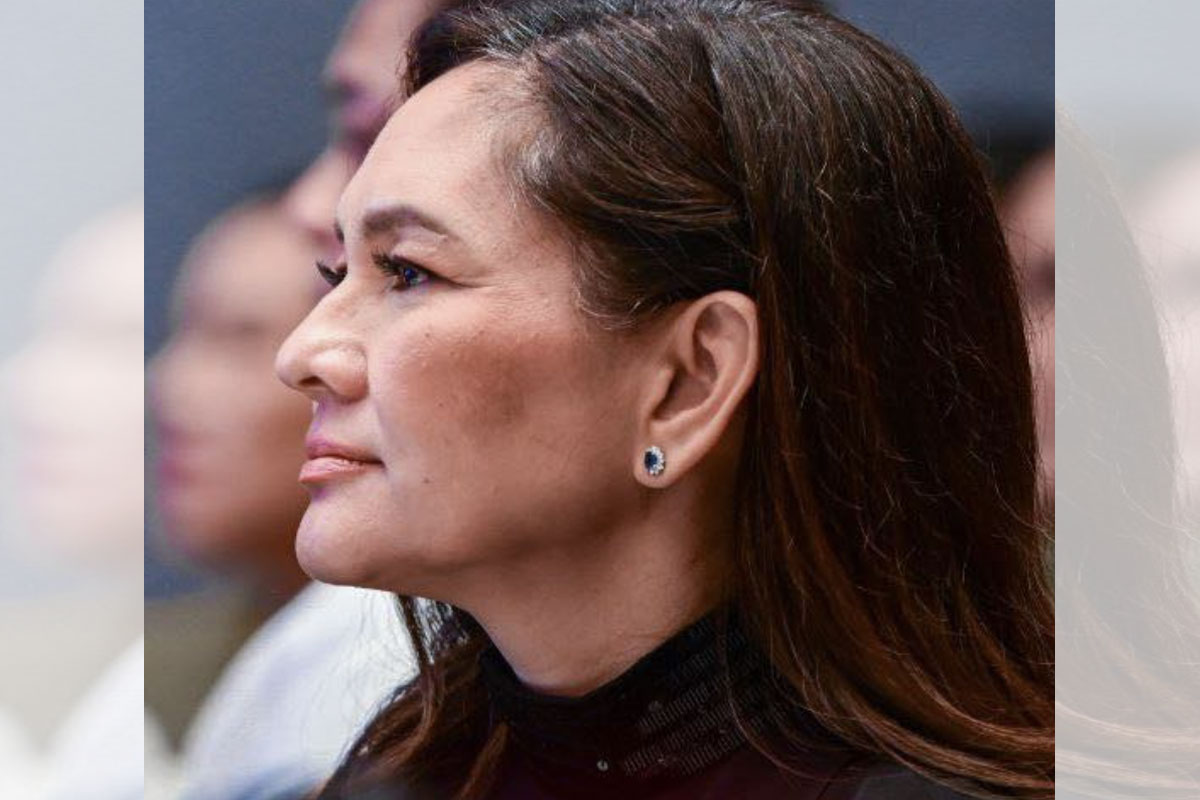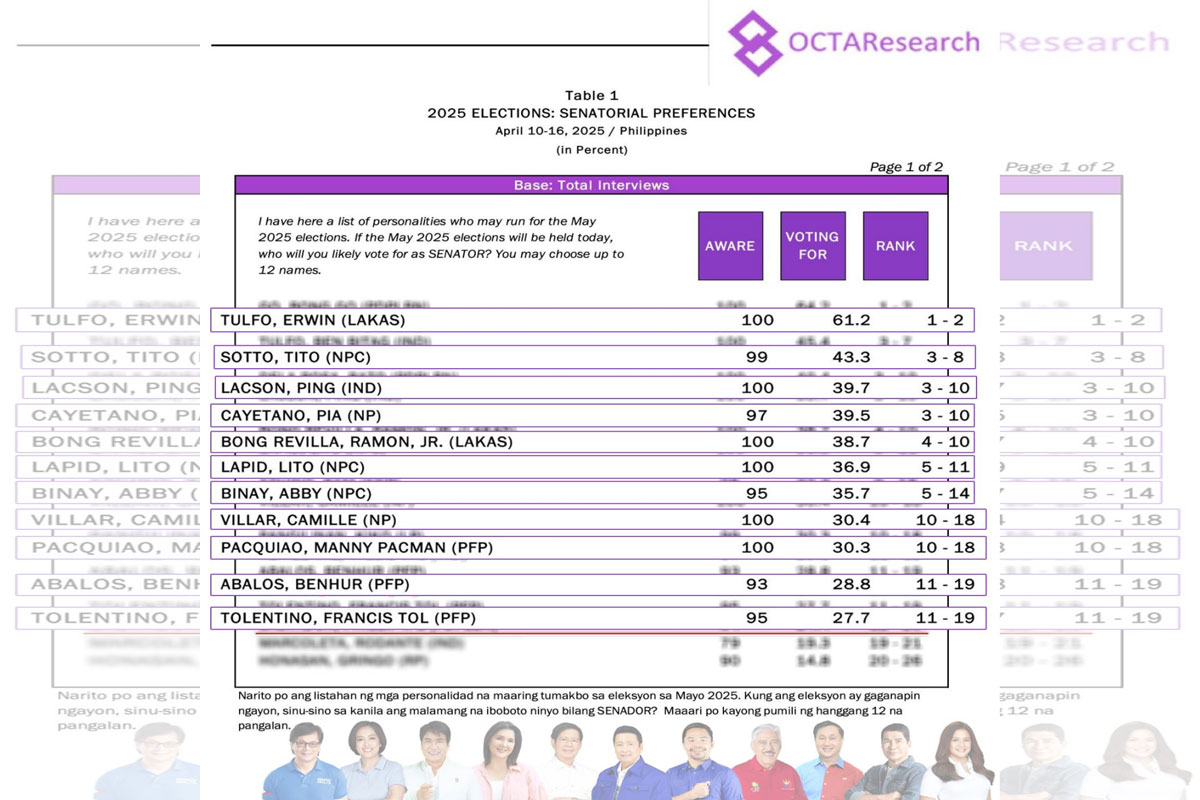Calendar
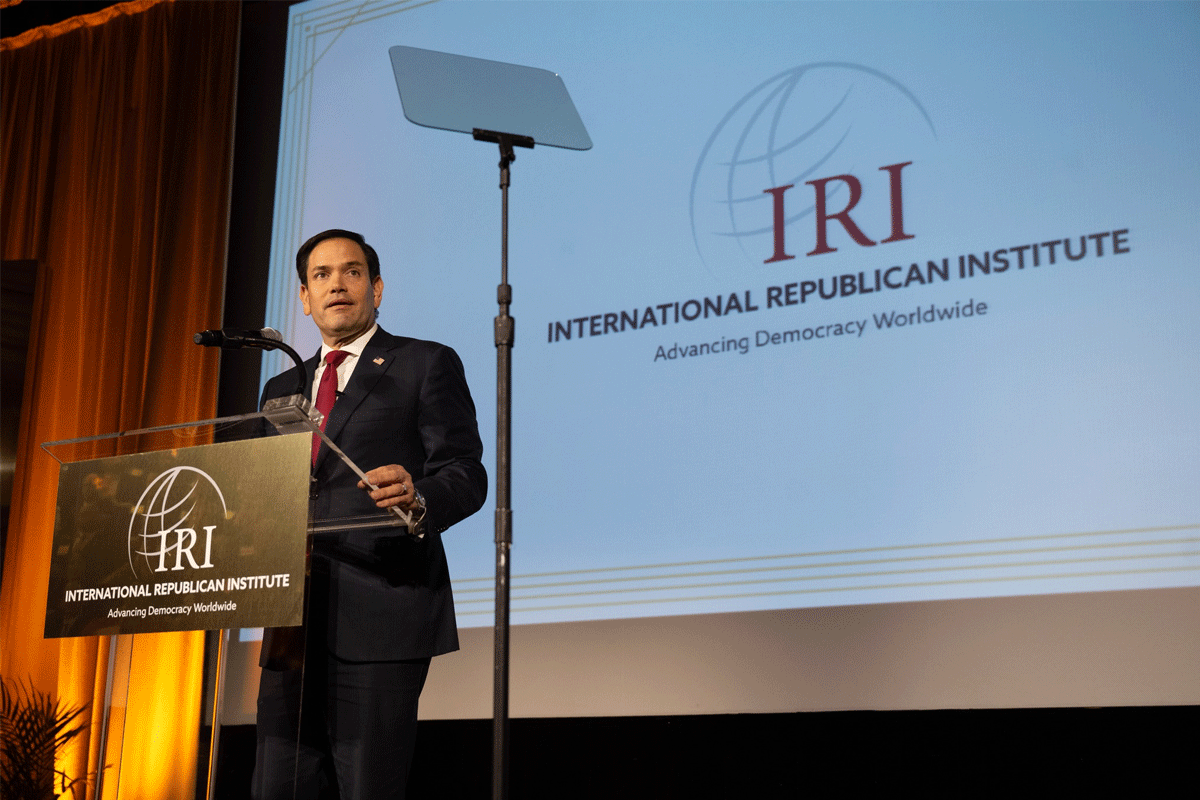 Sen. Marco Rubio of Florida, US Secretary of State nominee
Sen. Marco Rubio of Florida, US Secretary of State nominee
Solon lauds incoming US State Secretary’s stance vs China’s bullying, aggression in WPS
A LAWMAKER from Mindanao on Sunday hailed the hardline stance taken by US Secretary of State nominee, Senator Marco Rubio of Florida, against China’s “deeply destabilizing” actions in the West Philippine Sea (WPS) which may prompt the US to “counteract” should Beijing carry out “anything rash or irrational” against the Philippines or Taiwan.
Surigao del Norte Rep. Robert Ace Barbers, lead chair of the Lower House’s quad committee and chair of the House committee on dangerous drugs, said Rubio’s remark is a welcome development aimed at warding off China’s continuing bullying and harassment against Filipino fishermen and sailors inside the country’s 200-mile exclusive economic zone (EEZ).
“The stance taken by incoming US Sec. of State Sen. Rubio against China’s aggression in the WPS serves as a warning against China’s continuing disrespect on the Philippines and Taiwan’s territory and sovereignty,” he said.
“Napakasarap malaman at marinig para sa ating mga Filipino na ang incoming US Secretary of State ay malalim ang kaalaman sa mga karumal-dumal na ginagawa ng China sa WPS laban sa Pilipinas at Taiwan at handa nila tayong tulungan sakaling may hindi magandang mangyari dito,” he added.
Rubio, who testified before a Senate foreign relations committee hearing on his nomination to be Secretary of State on Capitol Hills, Washington DC, on January 15, 2024, discouraged China from carrying out “anything rash or irrational” when it comes to the Philippines or Taiwan if it is serious about stabilizing US-China relations.
He warned that if “God forbid,” any “miscommunication” or some “inadvertent conflict” emerges out of China’s bullying and other forms of aggressions in the WPS, the US would be forced to defend the Philippines as its treaty ally, and its impact would have on the entire globe would be enormous, “and that includes Europe.”
Aside from firing water cannons and sideswiping, shadowing and other forms of harassments against Philippine Coast Guard patrol ships and local fishermen in the WPS for the past two years, China naval ships and personnel continue to encroach inside the country’s 200-nautical mile EEZ which gives the country sovereign rights over resources within it.
Rubio, during the US Senate hearing, cited as an example of the latest China harassment in the WPS the deployment of its 165-meter-long coast guard vessel dubbed as “monster ship” near Zambales.
“The actions they (China) are taking now are deeply destabilizing; they are forcing us to take counteractions because we have commitments to the Philippines and we have commitments to Taiwan that we intend to keep,” the senator from Florida said.
“If they want to destabilize the relationship or they want to at least create some pathway for stabilization of our relationship with them, they really need to stop messing around with Taiwan and with the Philippines because it’s forcing us to focus our attention in ways we prefer not to have to,” he added.
In the same hearing, Rubio emphasized Manila’s “strategic importance” to Washington, DC, not only from a military perspective but also over the “real economic opportunities” it could explore with the country.
He also acknowledged the Philippine government’s “welcoming attitude” in recent years to further boost engagement with the US.
“When your engagement with a country leads to economic development — whether it’s outbound US investment in the Philippines or what have you — then that becomes enduring,” Rubio said.
A 2016 arbitration ruling by a United Nations tribunal had invalidated China’s claims in the WPS, particularly its no legal and historic basis territorial claim under its so-called 10-dash line maps designed to delineate its territory.
China did not participate in the proceedings and rejected the ruling.

